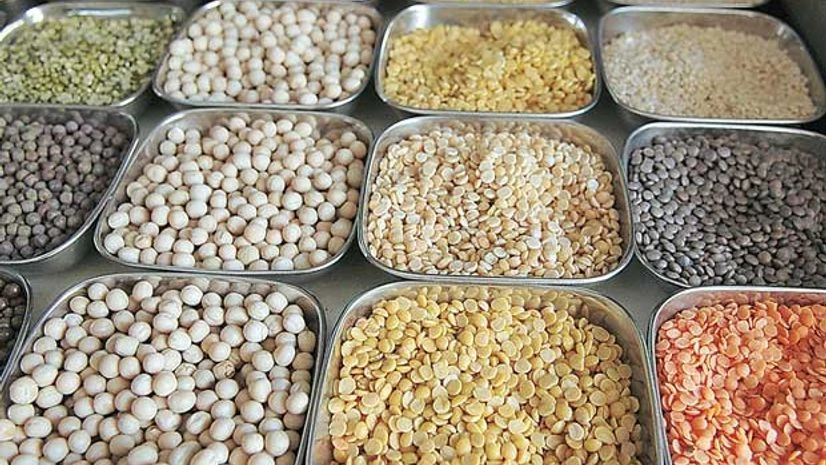To tame spiralling prices of pulses, government, on Tuesday, sent a high-level delegation to Mozambique to explore short and long-term measures to import the commodities on a government-to-government basis.
Retail pulses prices have shot up as high as Rs 200 per kg owing to a seven million tonnes shortfall in the domestic output following two consecutive drought years.
"A high-level delegation led by Secretary, Consumer Affairs, Hem Pande today left for Mozambique. The delegation will explore both short-term and long-term measures to import pulses from Mozambique on a government-to-government basis," the Consumer Affairs Ministry said in a release.
The delegation comprises senior officials from the Commerce and Agriculture Ministries as well as from state-run Metals and Minerals Trading Corporation of India (MMTC), it said.
Already, another delegation is in Myanmar to discuss availability of pulses for import from there, it added.
The talks with Myanmar, which has about 50,000 tonnes of tur, are in advanced stage but the southeast Asian country is apprehensive of committing pulses supply to India in the absence of adequate infrastructure, according to traders.
More From This Section
Unlike India, Myanmar does not have public trading agencies like MMTC and State Trading Corporation (STC), they added.
Besides Mozambique, India is also exploring options in other African nations like Malawi to lease farms for growing pulses to meet India's demand.
A decision to explore pulses import on a government-to- government basis was taken last week in a meeting chaired by Finance Minister Arun Jaitley.
Pulses prices have been shooting up despite several government measures including imposition of stock holding limits on traders, creation of buffer stock up to eight lakh tonnes and ban on chana futures, among others.
As per the industry data, private traders have so far imported three million tonnes of pulses, which are expected to arrive between August and December.
Last year, private import of pulses were at a record 5.79 million tonnes.
Production of pulses is estimated to have declined to 17.06 million tonnes in 2015-16 crop year (July-June) due to two consecutive years of drought, while the demand stands at 23.5 million tonnes.

)
